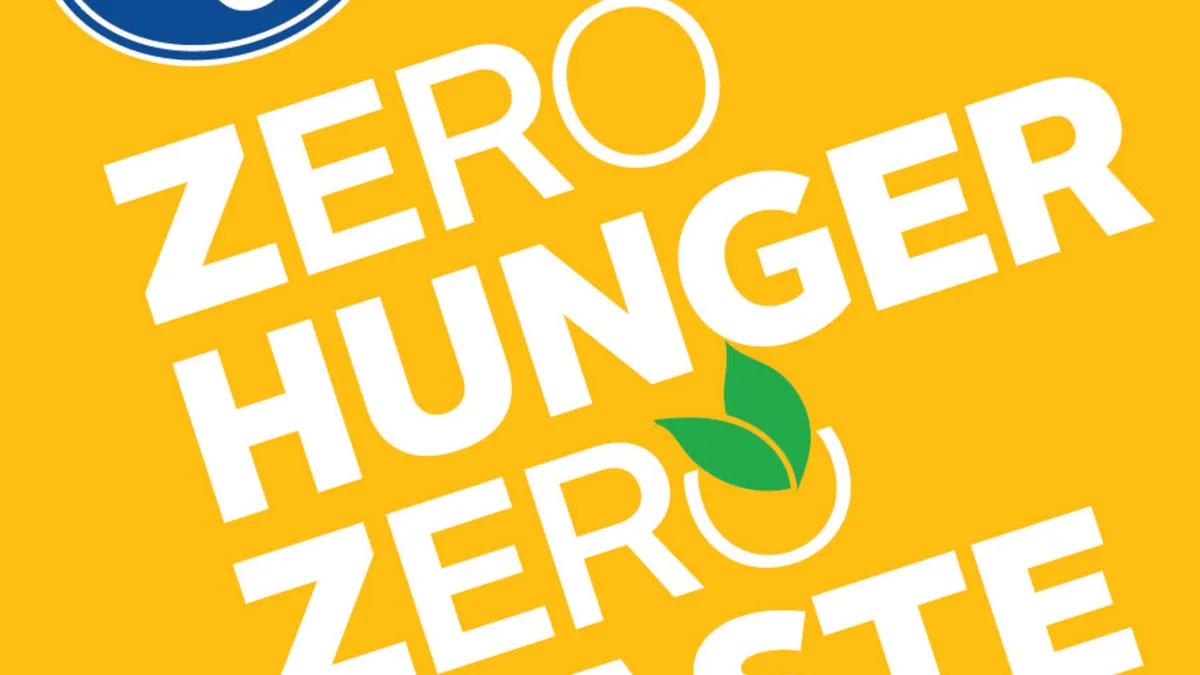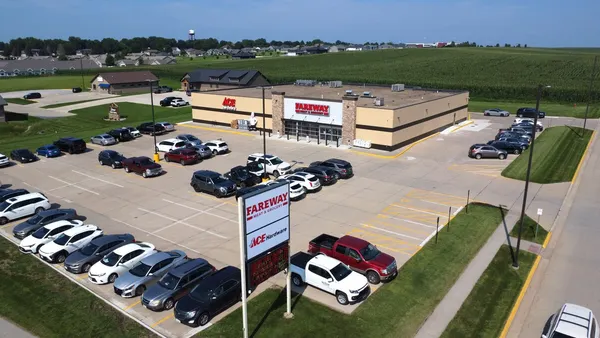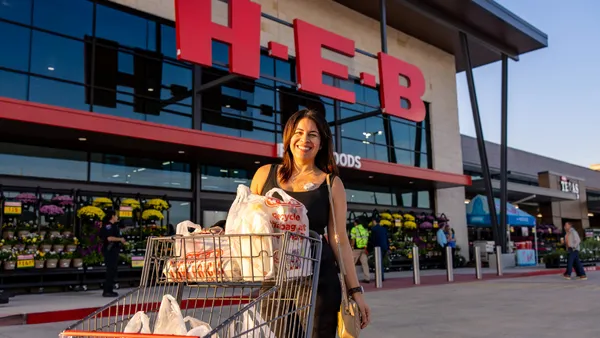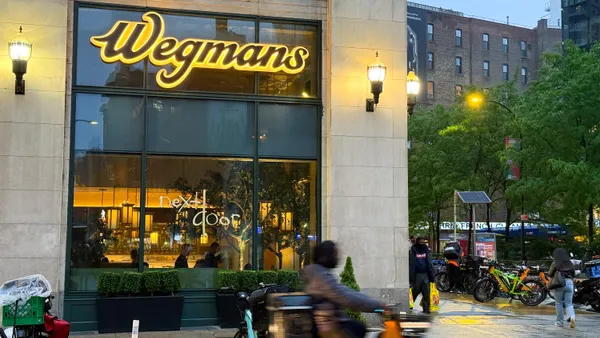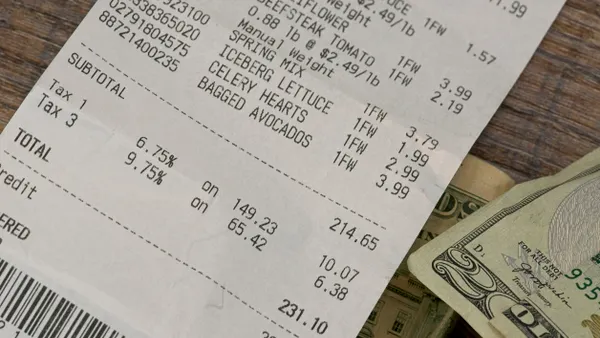Dive Brief:
- Kroger announced the launch of its $1 million Zero Hunger| Zero Waste Innovation Fund with an open call to innovators to submit applications for grants ranging from $25,000 to $250,000. The retailer is looking for emerging technologies and solutions focused on food waste prevention, recovery and recycling. Kroger introduced its Zero Hunger | Zero Waste commitment in 2017, pledging $10 million to support new ideas and concepts, as part of the company’s effort to reduce hunger and eliminate food waste by 2025.
- Proposals will be evaluated by the Board of Directors of the foundation as well as leaders from the World Wildlife Fund, Feeding America, ReFEED, Kroger Technology and 84.51°.
- Kroger will announce its grant recipients in the spring, and winners will have access to Kroger leaders and partners, networking opportunities with program peers and the potential to test their idea in partnership with the Kroger and its various banners. Winners will have the opportunity to apply for additional funding as well.
Dive Insight:
According to the U.S. Department of Food and Agriculture, the United States as a whole wastes more than $160 billion in food a year — that means about 31% of the food produced goes uneaten. Not only does that food end up in landfills but retailers are also feeling the effects on their bottom lines.
Kroger’s Zero Hunger| Zero Waste initiative tackles more than just food waste. The Environmental Protection Agency estimates that packaging makes up 23% of landfill waste and plastic pollution. In response, Kroger has committed to phasing out single-use plastic grocery bags by 2025; pledged to increase food donations in an effort to give 3 billion meals by 2025; partnered with the World Wildlife Fund on a toolkit that brings waste-reduction education to schools and started producing renewable energy through their anaerobic digester. The company also launched an “ugly produce” brand last year to encourage consumers to buy imperfect fruits and vegetables.
Reducing food waste can help grocers improve their bottom lines by helping retailers identify wasteful purchases, opportunities for recycling and potential tax benefits for charitable contributions. There’s also a marketing effect: Consumer attention to wasteful practices is growing, so being on the front line of eliminating waste could certainly sway an eco-minded shopper from one store to another. Zero-waste stores have been popping up in recent years, emphasizing reduced packaging, and traditional grocers are looking for ways to scale those models and attract those customers.
Retailers across the spectrum are working on reducing waste in ways that resonate with sustainability-conscious consumers. Hy-Vee has also embraced the "ugly produce" movement, along with Walmart and Whole Foods. In 2017, Target and Whole Foods implemented an order-to-shelf technology that only orders the precise number of products needed, combating food waste as a result.
The innovation fund, however, is fairly rare in grocery circles. Albertson’s partnered with venture capital firm Greycroft last year to build a $50 million innovation fund. The focus isn’t sustainability, but rather part of a technology strategy centered around e-commerce and home delivery. Funds like these provide an opportunity for investment in a company’s future, allowing them to develop creative ways to be industry disruptors, not just disrupted.

